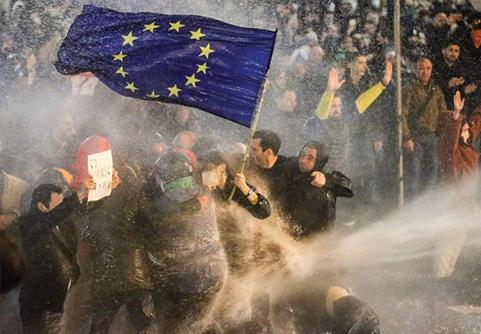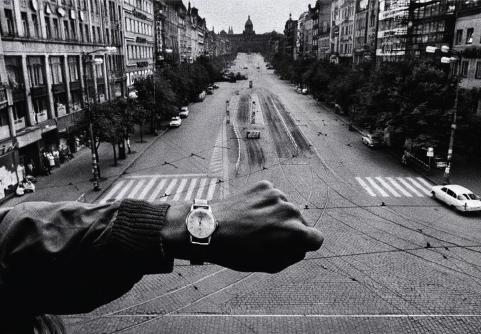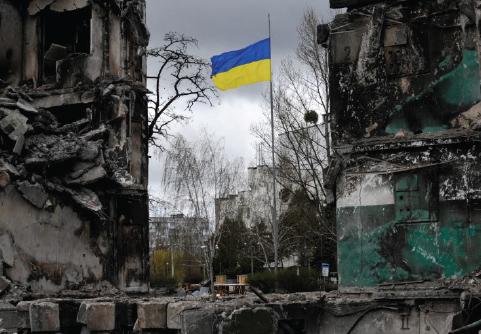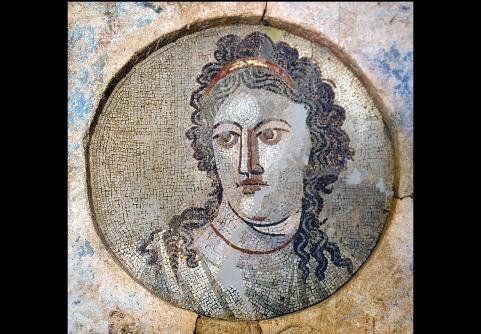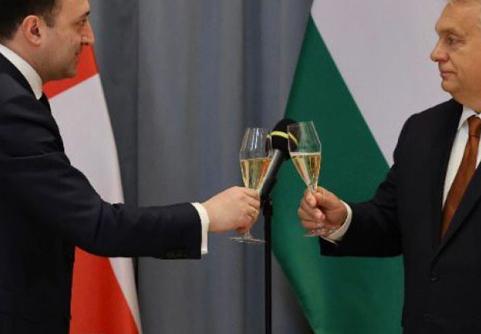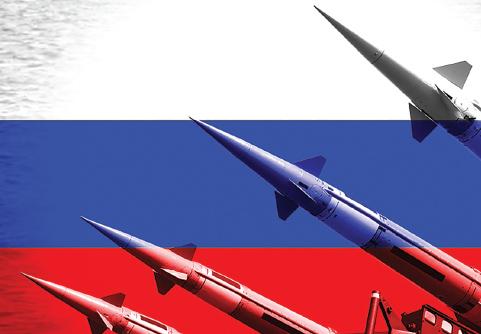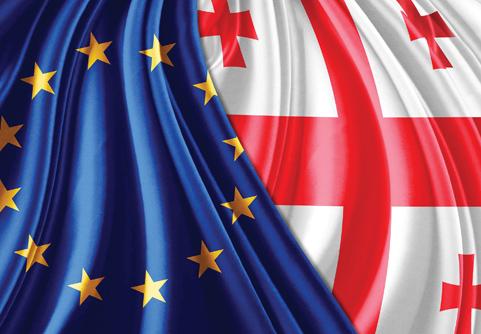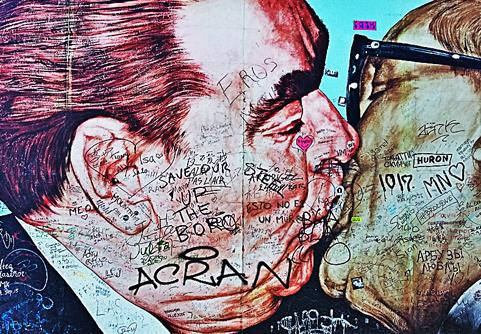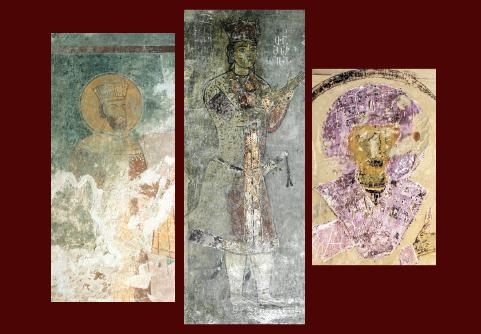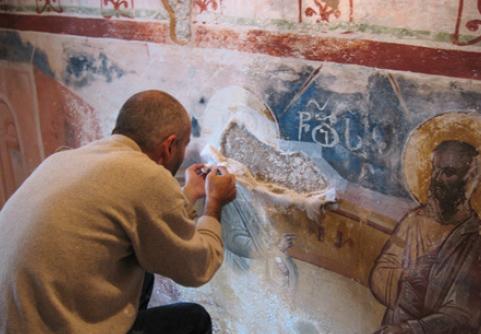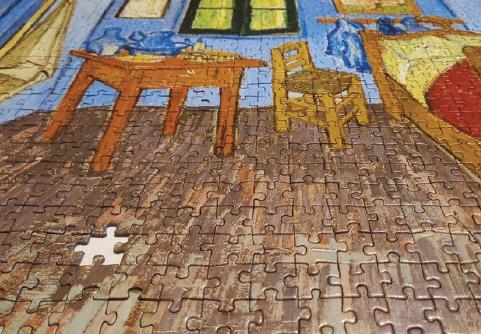Author : David Bukhrikidze
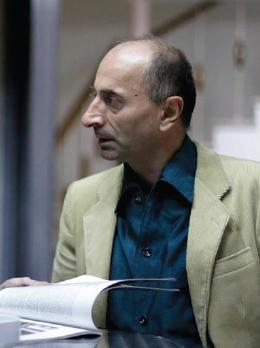
Let us start from afar, to return peacefully to this unfortunate present, that is, home. Sure, do we want war?!
Even before the pandemic, in 2018, when the contours of political chaos or dictatorship seemed faded or pastel to our fellow citizens, the Soviet intelligentsia (or rather, a few of its representatives), mixed with the culture of new times, wrote a letter addressed to the diplomatic corps and international organisations accredited in Georgia. The main idea of this letter was that Georgia’s pro-Western policy and its goal to become a NATO member created challenges and big problems for the country in its relations with Russia; that in the Soviet reality Georgia was a republic with the most powerful economy, its people were rich and its population was 5.5 million. But pro-western policy and aspiration of Georgians to NATO military alliance “complicated Georgia’s relations with neighbouring Russia, which led to a violation of the territorial integrity of Georgia. This created socio-economic problems and hindered the development of the country. People became impoverished and the population fell below 4 million.”
The following passage and “concern” about the fate of the country refers to the consequences of the August 2008 war: “There is a great disappointment among the majority of the population that the risks will increase and the rest of the country will be threatened with a military conflict, and in such a case what kind of help can we count on, we already have the experience of the 2008 war. Membership in the military union attracted the Georgian population primarily because of the illusion of security guarantees, and if these guarantees do not apply to Abkhazia and the Tskhinvali region, then what benefits can this membership bring to the people and the state?
Strangely enough, in 2023, five years after the letter or statement was written, these intonations of Robiko-Dolidze-Javelidze-Amashukeli (they represented the main “striking force” of the signatories) are perceived much sharper, mockingly and prophetically in today’s political context. In fact, all these years anti-Western propaganda and scepticism have been based on pseudo-authoritative names and the artistic elite of the Soviet Union.
It can be said that the freedom of this elite, which had not been flushed away, was fully restored immediately after the Georgian Dream came to power, through synchronised, anti-Western and smooth sailing alongside it, for which from time to time it received awards and instructions from Sololaki’s “glass palace”.
Given the current, already clearly stated anti-Western policy of the ruling party, the appeal to the ambassadors written in 2018 only creates a gestalt unity of the present day and a cultural policy that also opposes Georgia’s declared Euro-Atlantic direction. However, has this vector really had a Western course all this time? Was it ever considered by “the Dream” as a serious part of the state policy? The chronology of time clearly shows that at the first stage temporary games with pro-Western forces were just a simulacrum for the Georgian Dream. Later, in parallel with pseudo-patriotic appeals, the settling of politics with Russia begins, in which the reanimated intelligentsia provides it with the necessary partnership, and such trifles as the explosion of Sakdrisi, the propaganda hysteria around the David-Gareji complex and the arrest of two innocent people, or the complete collapse of restoration works in Gelati, do not interfere with the harmonious relations between the culture and the state.
In fact, with its arrival and establishment, the Dream revived the Shevardnadze-era intelligentsia, which until 2012 felt insulted and humiliated. Ivanishvili, with his differentiated feeders, gave the reanimated intelligentsia another chance after the Communist regime (remember the sacred phrase of Guranda Gabunia – “And then God tossed Bidzina upon us”). Even though the intelligentsia, already aged and having often only a decorative function, always did what “Father” wanted, it was necessary to replace it with a new generation of cultural figures.
Well, in culture there was the apparition of a new minister of the late Dream era, Tea Tsulukiani, with state security cadres from the Ministry of Justice, whom she made into her deputies. If anything was still in a critical or troubling phase of existence, Tsulukiani turned it all into impressive ruins – from the sacking of the director of the cinema centre, to the dismissal of professionals from the National Gallery or museums. The criminal process of Gelati’s restoration is the subject of a separate conversation which we will not touch upon here.
Meanwhile, a new generation of intellectuals and artists has already formed, although it could not as yet become a subject of influence because it remained isolated, elusive, renegade and ideologically fragmented. There was no point in the authorities flirting with it, since the new generation of artists educated in the West was already apostate or critical of them. This distance and alienation certainly posed a certain problem, but not so dramatic that the new generation would have a radical influence on the authorities.
The 30-year experience of Georgia’s independence could not be a reason for the reflection of the Georgian Dream, because cultural policy (like any other sphere) presupposes, first of all, foresight, the development of a strategy, the creation of space for reflection, the rapprochement of different areas of thought, and a policy of cooperation with Western organisations. All this is out of the question in the hands of groups with odious clan influence, which give it power, at least formally.
Groups of artists tamed or directly bribed by the authorities, who are still called intelligentsia for politeness, live in their own autonomous mode, and are directly tied to the favour of the state budget. Such intelligentsia cannot oppose either cultural policy or a law fabricated specifically for the purpose of exposing “agents”.
Most of the diligent and meek intellectuals are still busy with their quiet lives, smooth sailing guaranteed first by billionaire money and then by the impenetrable breakwaters of Tsulukiani’s Ministry.
This space is closed to non-Robikos1, foreigners, youth, and reformers. It will be even more closed if “agents of foreign influence” are identified legally, by decision of the legislature. Especially since there are plenty of examples of this in history: writers, directors, artists, conductors, and actors who were shot, exiled, betrayed, expelled, and labelled “children of enemies”…
Not only the cultural and intellectual part of the Georgian society, but the civil society as a whole, in fact, has come face-to-face with the recklessness of the Georgian Dream. We are still in the phase when the government conflicts with the critically thinking public, but not fatally so. Therefore, it is the government’s duty to explain to the citizens who wish to see a Western development and future, why this harmful and absurd law is geopolitically a part of the Russian world and an echo of its existence.
If we want peace, if we choose development, we must prepare ourselves for a long and exhausting struggle and leave behind the stormy lessons of smooth sailing. To have decent and proper cultural institutions, we must first elect a decent government, decent legislators, and have an independent judiciary. Remember the myth that the previous government was breeding a new breed of Georgians? Therefore, full consolidation and action is necessary to prevent the Ivanishvili government from raising a new breed of Soso Pavliashvili, Keta Topuria , and others out of us today.
